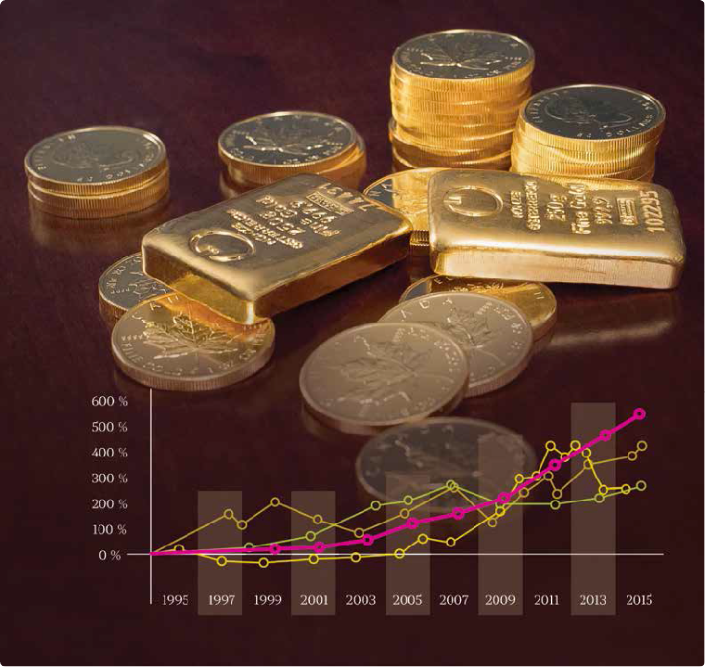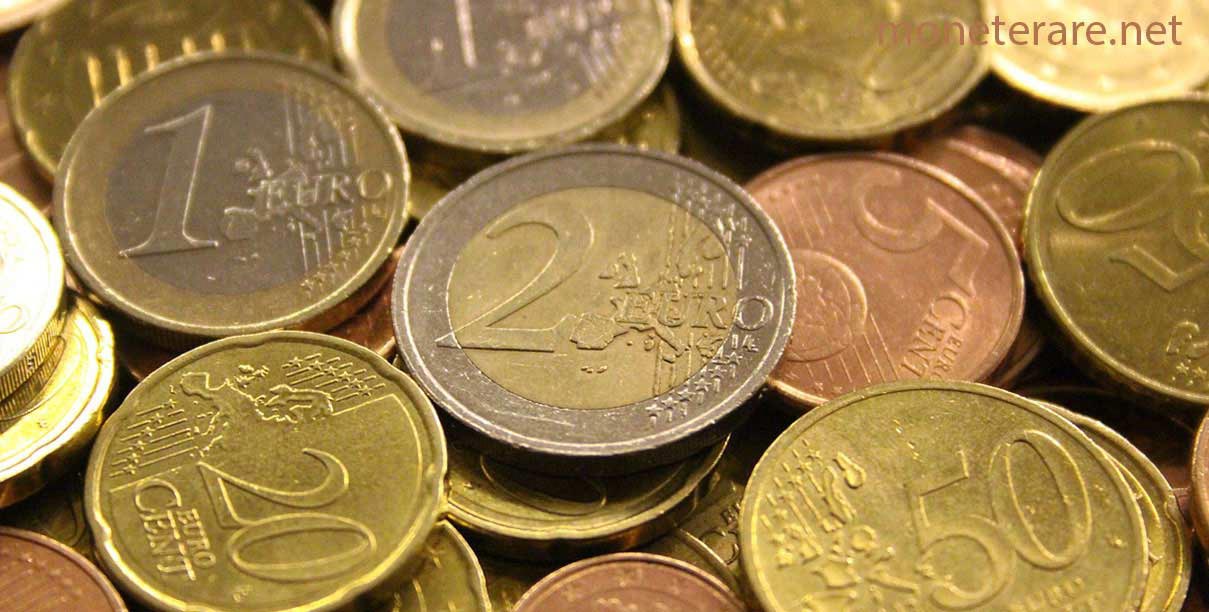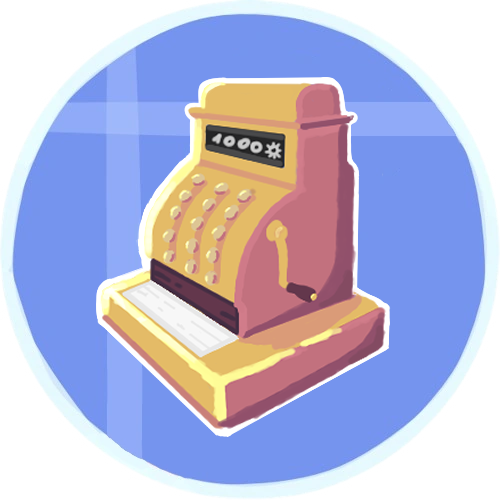Free News For Picking Coin Book And Banknote Appraisal
Free News For Picking Coin Book And Banknote Appraisal
Blog Article
How Can I Find Out About Global And Local Associations Of Numismatics Using A Database For Research?
To conduct such research, follow this approach: Here's a method for conducting such research: Database selection: Select databases that are specialized in numismatic associations, like websites of the largest numismatic societies such as the American Numismatic Association(ANA), the International Numismatic Council(INC) or a regional associations like the Numismatic Association of Australia. Furthermore, academic databases and repositories like JSTOR offer access to scholarly papers and conference proceedings.
Define Research Focus: Specify your research objectives. Are you interested in studying the history and the activities of global numismatic organizations or regional collaborations, conferences publications, or specific subjects in numismatics discussed by these organizations? Make sure you know where to look in order to direct your search.
Search Strategy: Keywords such as"numismatic organizations, "global numismatics" or "regional numismatics" are useful. You can also include association names as well as geographic regions, if you want. Sort results by advanced search features. This includes filtering by date, document type like conference papers or association newsletters, or geographical coverage.
Data Collection: Get access to the information on the members, their history, activities and publications of the international and local numismatic organizations. Check out information about past and upcoming conferences, workshops, and collaborative research projects. Search databases for information about members, contacts and leadership information.
Analysis: Examine the data to understand the impact and significance of both regional and global numismatic associations. Examine how these associations aid in advancing education in numismatics as well as fostering international cooperation and exchange research through conferences and papers.
Cross-References: Confirm information by with various databases or sources. Examine the projects and activities of different associations for an overall picture of regional and global developments in numismatics.
Documentation: Document findings by consistently citing sources and noting the methodologies you used. Keep track of the specifics of the databases you visited as well as the search terms you utilized as well as the importance each resource has to your research question.
Keep yourself up-to-date Numismatic associations are always evolving, with new publications and conferences. They also collaborate on projects. To stay up to date on the latest developments in international and regional numismatics keep a close eye on associations' websites and databases.
Databases can be used in a way that is efficient using these methods. This method permits a thorough examination of the structure of organizations as well as the academic efforts and the collaboration efforts that have helped shape the numismatics industry both on a global and regional scale. See the best coin mold for website advice including banknote errors, coin dealer, banknote society, quarter, coin pressing, banknote marketplace, coin value, coin storage, gold, silver and more.
How Do I Utilize An Online Database To Look Up Numismatics With Regards To Coin Dealers?
To conduct research on numismatics, it is essential to utilize databases that offer information about dealer listings and market trends, as well as historical transactions, and transactions in numismatics. This is a structured method for conducting such research. There are a variety of databases to choose from, including online numismatic exchanges, dealer listings provided by numismatic groups (like the Professional Numismatists Guild), auction house data bases and historical archives that include the records of numismatic transactions.
Define Research Focus: Specify your research objectives. Are you interested in understanding the background and profile of particular coin dealers and trends in the numismatic market, the pricing of coins over time or the impact of dealers on numismatic collector trends? Clarify your goals to help guide your research.
Utilize keywords to locate dealers, including "numismatics market", "dealer directors" or even specific regions and names. Advanced search options let users to search for items by date, dealer type (such antique coins modern coin, antique coins, rare coin), and transaction type (auctions and personal sales).
Data Collection: Get access to data on coin dealers. This includes their names, business addresses and locations, as well as details about their specialties, operating years, and profiles. Information on dealers who have made significant contributions to numismatics and collecting or scholarly communities. Also, collect details on their participation in notable sales and auctions.
Analysis: Study data to comprehend the role that coin dealers are in the world of numismatics. Explore how dealers shape the market and collectible trends. They also authenticate and grade coins, and promote numismatic education through publications.
Cross-Referencing: Check your research findings by cross-referencing information across multiple databases, dealer directories, auction records, and historical archives. This ensures the accuracy and completeness of your research and provides insight into the various functions and contributions of numismatic dealers and coin dealers.
Documentation: Document all your findings, noting the sources you relied on and the methods that were employed. Provide the databases you utilized as well as the search term(s) used, as well as the relevance of every source to your questions.
Stay updated: New auctions and dealers entering the market, as well as market trends are always changing. Keep up-to-date with the latest news from numismatic associations auctioneers, auctioneers, as well as online markets to keep up-to-date with the latest developments and developments in numismatic trading and dealer activities.
These steps can assist you to use databases to investigate numismatics as it relates to coin dealers. This technique allows a complete study of historical profiles of influence on markets, as well as academic contributions to the numismatic area from coin dealers. See the top currency dealer for site info including rare coins, coin identification, banknote value, coin magazine, coin, coin edge, czech coins, krona, lira, copyright and more.
How Can I Find Out More Information About Authentication Services By Using A Numismatics-Related Database?
In order to conduct research in numismatics related to authentication services, it is important to utilize databases that focus on coin authenticity as well as certification agencies and copyright detection techniques. Here's a structured approach to conduct this research: Database Choice: Choose databases that focus on numismatic authentication as well as certification agencies as well as methods of detecting counterfeits and old-fashioned authentication methods. Sites for certification agencies (like PCGS and NGC) and research platforms that specialize in numismatics and publications of the numismatic society are examples.
Define Research Focus: Specify your research objectives. Are you interested in understanding the authentication processes used by certification agencies as well as the technologies used to detect counterfeits, historical methods of coin authentication, or the effect of authentication on value of coins? Clarify what you are looking for to help guide your exploration.
Search Strategy: Make use of specific keywords, like "coin verification,"" "certification agents" "copyright-detection," and include authentication agencies or technology (such with spectroscopy micro-imaging) in the event that it is appropriate. Advanced search tools to filter results by date and authentication methods.
Access to authentication techniques used by certification organizations. Details such as the authentication criteria used, the technologies employed (such coins imaging systems and X-ray fluorescent), case studies about authentication issues, historical perspectives, and historical perspectives regarding coin verification can be gathered.
Analysis: Examine the information to assess the effectiveness and reliability of authentication services. Analyze how certification organizations authenticate coins, detect counterfeits, and ensure the highest standards of accuracy and uniformity in the grading and authentication process. Compare authentication methods across various agencies, or evaluate technological advancements in the past.
Cross-Referencing: Verify your findings by cross-referencing information across various databases, certification agency websites, publications on numismatics, and archives of historical significance. This ensures accuracy and completeness when conducting your research. It also provides a comprehensive view of authenticating practices in numismatics.
Documentation: Record your findings thoroughly including citations to sources and noting methodologies used. Provide the database that you use, the search keywords and the relevance to your specific questions from each source.
Keep updated The standards and technologies for authentication evolve as technology advances and new copyright threats arise. Keep up-to-date with the latest news by keeping updated with the latest information from certification organizations as well as numismatic publications and industry reports on authentication methods and new developments.
These steps can assist you to explore numismatics using databases that are related to authentication. This method allows for a thorough study of the techniques used, the technologies employed, as well as the traditional methods of authenticating the authenticity of coins. It provides insights into the credibility of authentication and its impact on numismatic trading and collecting. View the recommended yen for site advice including zloty, banknote grading, engraving, dime, copyright, coin club, coin appraisal, gold, central bank, banknote errors and more.
How Do I Locate Experts In Preservation And Conservation By Using Databases?
To conduct this type of research, here's a logical approach: Here's a method to conduct this research: Database Selection: Select databases that focus on conservation and preservation of cultural heritage, which includes the numismatic artifacts. Some examples include websites of conservation organizations (such such as the International Institute for Conservation of Historic and Artistic Works), museum conservation departments, and specialized publications on numismatic conservation.
Define Research Focus: Specify your research objectives. Are you interested to understand conservation techniques used on the numismatic objects and cases studies of restored coins or medals. Preventive conservation measures or ethical considerations for the preservation of numismatics? Find out what you're looking for to reduce your search.
Search Strategy: Use keywords like "numismatics conservation", "coin preservation methods" or "conservation techniques for medals" as well as incorporating specific conservation techniques (such a cleaning, stabilization and storage) or historical periods if pertinent. Use advanced search features to filter results based on dates, conservation topics and case studies.
Data Collection: Access to details on preservation and conservation methods for numismatic artifacts. Specifics such as case studies on conservation treatments, articles on preventive conservation strategies, as well as interviews with conservationists may be gathered.
Examine data to gain a better understanding of the numismatic conservation. Evaluation: Evaluate the effects of conservation treatments on numismatic artifacts. Also, assess the role that a scientific analysis can play in conservation decisions. Integrate ethical standards into conservation methods.
Cross-Referencing: Verify the accuracy of your study by comparing data from several databases, conservation organisations websites, museums' conservation departments and scholarly papers. This will ensure that your research is accurate and complete, providing you with a complete view of the numismatic conservation practices.
Documentation - Documentation is important. Use sources to cite and record the methods you've employed. Include the databases you utilized as well as the search term(s) and the significance of each source to the research inquiry.
Stay up to date Conservation standards and preservation methods are always evolving in line with advances in science and technology. For the most up-to-date information on conservation of numismatics, keep up-to-date by checking out museums', conservation organisations' departments', as well as specialized publications on numismatics.
You can use databases to learn about numismatics from conservation and preservation specialists by following these easy steps. This approach allows for an in-depth study of the techniques as well as the ethical and practical contributions made by conservation specialists to preserve numismatic artifacts. It also provides insights into challenges and advances in the protection of cultural assets by the use of numismatic preservation techniques. Have a look at the recommended coin engraving examples for site examples including banknote forum, banknote design, quarter, uncirculated coins, platinum, dime, coin collecting, denomination, banknote dealer, banknote grading and more.
How Can I Use An Online Database For Numismatics Research?
This research is structured to assist you: Here's a structured approach to conduct this research: Database Selection: Choose databases that are known for their reliability and credibility in numismatic data. Some examples include auction databases for numismatics (such as Heritage Auctions, Stack's Bowers Galleries) and online coin catalogs (like Numista, CoinArchives), numismatic society databases, and reputable dealer websites.
Define Research Focus: Specify your research objectives. Are you seeking to confirm details on coins (such weights, compositions of metals), historical details as well as market values (prices realized through auctions) or trends in collecting, or market prices? Clarify your focus to guide your search.
Keywords to include in your search strategy: Use keywords like "numismatic data verification," "coin catalogue updates," or "market value updates" and specific coin types and historical dates or other keywords related to your research topic. Utilize search functionalities to filter results by date, attributes of the coin and the credibility of your source.
Data Collection: Access reliable sources of historical and numismatic information. Gather information from auctions or catalogs that include descriptions of coins and images, historical context price, market prices, provenance and much more.
Verification process: Compare information across various databases (auction houses and catalogs) by cross-referencing. Verify the coin's specifications against reference standards like the official book on grading coins or mint records to confirm the accuracy.
Updates: Check databases regularly for updates to numismatic data. Stay updated on the latest coin discoveries, updates in market values as well as changes to the historical attributions and the latest trends in collecting. Subscribe to the newsletters of numismatic platforms and alerts to receive the most recent information.
Analysis: Examine data that has been verified to gain insight on coin attributes, historical significance as well as market trends. The latest information could affect your collecting or numismatic interests.
Documentation: Be sure to document your findings in a systematic way including the sources used and the verification methods. Keep track of the latest information, market values, and information gained from the process of research.
If you follow these steps, you can effectively utilize databases for research into numismatics with regards to the verification of data and updates. You can use this method to gain access to current and accurate information that can help you make informed decisions when it comes to collecting, investing, or researching. Take a look at the most popular franc tips for website info including currency forum, silver coins, penny, banknote artist, czech coins, banknote appraisal, coin series, coin album, historical currency, coin minting and more.